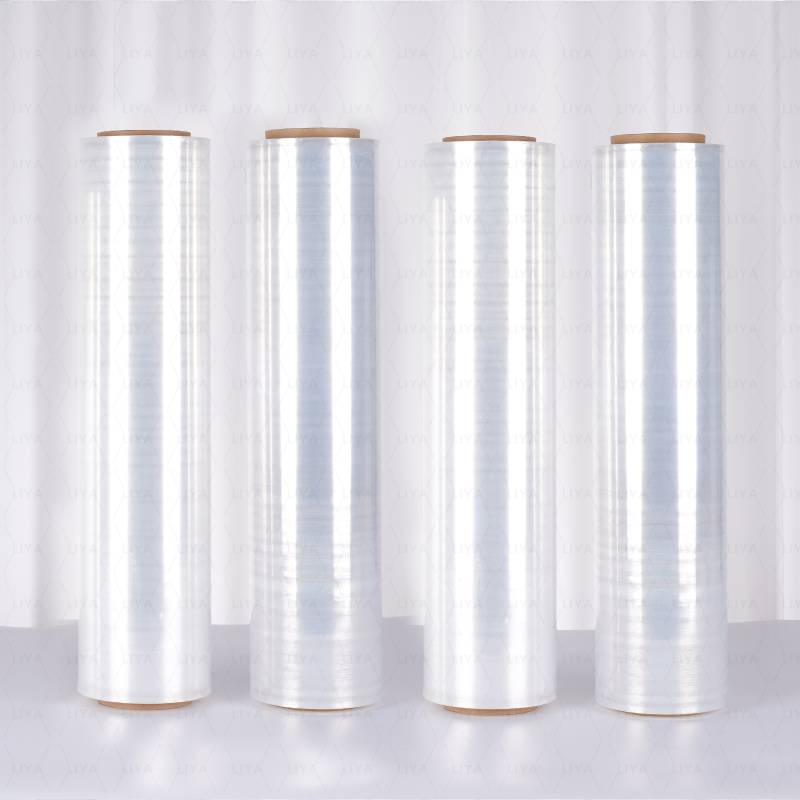Understanding the Properties and Applications of CPP Cast Polypropylene
Understanding CPP and Its Applications in Polypropylene Production
In the world of plastics, polypropylene (PP) stands out as one of the most widely used thermoplastic materials. Its versatility, cost-effectiveness, and favorable mechanical properties make it a popular choice in various applications, ranging from packaging to automotive components. One of the critical modifications that enhance polypropylene's performance is the use of the Cast Polypropylene (CPP) process. This article delves into the significance of CPP in polypropylene production, examining its advantages, applications, and future potential.
What is Cast Polypropylene (CPP)?
Cast Polypropylene is a specific form of polypropylene produced using the cast film process. In this process, molten polypropylene is extruded through a flat die, where it is then cooled and solidified on a cooling drum. This method allows for the production of thin films with uniform thickness and excellent surface qualities. CPP films are characterized by their clarity, toughness, and flexibility, setting them apart from other polypropylene variants.
Advantages of CPP
1. Superior Clarity One of the standout features of CPP is its high clarity and transparency. This attribute makes CPP an ideal choice for packaging applications where product visibility is essential, such as in food packaging and retail displays.
2. Excellent Sealability CPP offers remarkable heat seal performance, which is crucial in packaging applications. This characteristic ensures that packages remain airtight, extending the shelf life of perishable products.
3. High Resistance to Fatigue The unique molecular structure of CPP provides it with excellent resistance to deformation and fatigue. This makes it suitable for applications where repeated bending or stretching occurs.
4. Low Temperature Flexibility CPP maintains its flexibility even at low temperatures, making it a preferred choice for products stored under refrigeration or in cold-chain logistics.
5. Versatile Applications Due to its myriad advantages, CPP can be used across various sectors, including packaging, textiles, and industrial applications. Its adaptability allows it to meet the specific needs of diverse markets.
Applications of CPP
cpp cast polypropylene

The applications of Cast Polypropylene are extensive and diverse
- Food Packaging CPP films are widely used to package snacks, confectionery, and fresh produce. Their excellent sealing and clarity ensure that products remain visually appealing and protected.
- Textile Industry In the textile sector, CPP is often utilized as a backing material for non-woven fabrics and as a film for thermal lamination. Its strength and flexibility contribute to durable textile products.
- Medical Applications The medical field also benefits from CPP’s properties. It is used in the manufacture of sterile packaging for medical devices and supplies, where maintaining hygiene and security is paramount.
- Automotive Sector In automotive applications, CPP is employed in interior trims, insulation layers, and under-hood components due to its durability and thermal stability.
Future Prospects
The future of Cast Polypropylene in the plastics industry looks promising, driven by ongoing innovations in polymer science and sustainability efforts. With growing environmental concerns, the demand for recyclable and biodegradable materials is rising. Researchers are exploring ways to enhance the recyclability of CPP and integrate recycled feedstock into its production, potentially reducing its carbon footprint.
Moreover, advancements in production techniques could lead to the development of specialized CPP grades tailored for specific applications. This could further expand its usability across various industries, fostering growth in both existing and emerging markets.
Conclusion
Cast Polypropylene is an essential player in the realm of plastics, particularly in the production of packaging materials and other versatile applications. Its unique properties, such as remarkable clarity, sealability, and flexibility, position it as a material of choice in many sectors. As the industry moves toward more sustainable practices, the continued innovation surrounding CPP will be key to meeting the needs of a changing market. With its extensive range of applications and advantages, CPP is set to remain a crucial component of polypropylene production for years to come.
-
The Best Uses for Small Trash Bags in Daily LifeNewsJul.01,2025
-
Stylish Reusable Grocery Bags TrendsNewsJul.01,2025
-
Shipping Advantages of Using Bubble Envelopes BulkNewsJul.01,2025
-
How Compostable Mailing Bags Reduce Environmental ImpactNewsJul.01,2025
-
Environmentally - Friendly Bulk Poly MailersNewsJul.01,2025
-
Eco Friendly Custom Laminated Tote BagsNewsJul.01,2025
-
Have the freedom of customizing your custom mailers any way you want! Our dedicated packaging support will help deliver you the mailing experience you need to elevate your shipping experience to the next level! Start making a strong impression on your customers and stand out from your competitors! -
LIYA uses high quality raw materials which directly purchased from large enterprises domestic and overseas such as PetroChina, Sinopec, Sabic, Equate, ExxonMobil, Dow Chemical, Total, and Borouge, ensuring the price advantage and quality of the raw materials. -
LIYA uses high quality raw materials which directly purchased from large enterprises domestic and overseas such as PetroChina, Sinopec, Sabic, Equate, ExxonMobil, Dow Chemical, Total, and Borouge, ensuring the price advantage and quality of the raw materials.





